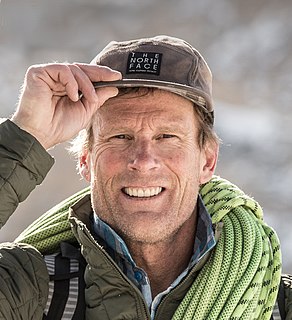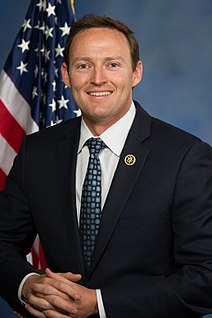A Quote by Michael Shellenberger
Nobody is suggesting climate change won't negatively impact crop yields. It could. But such declines should be put in perspective.
Quote Topics
Related Quotes
Some argue that now isn't the time to push the green agenda - that all efforts should be on preventing a serious recession. That is a false choice. It fails to recognise that climate change and our carbon reliance is part of problem - high fuel prices and food shortages due to poor crop yields compound today's financial difficulties.
Despite the international scientific community's consensus on climate change, a small number of critics continue to deny that climate change exists or that humans are causing it. Widely known as climate change "skeptics" or "deniers," these individuals are generally not climate scientists and do not debate the science with the climate scientists.
It is impossible to talk about slowing climate change without talking about reducing CO2 emissions. Equally, it is impossible to talk about adapting to climate change without considering how we will feed ourselves. And it is out of the question that we can adapt agriculture without conserving crop diversity.
There's a lot of research that suggests that organic yields are close or superior to conventional yields depending on factors like climate. In a drought year an organic field of corn will yield more - considerably more - than a conventional field; organic fields hold moisture better so they don't need as much water. It simply isn't true that organic yields are lower than conventional yields.


































